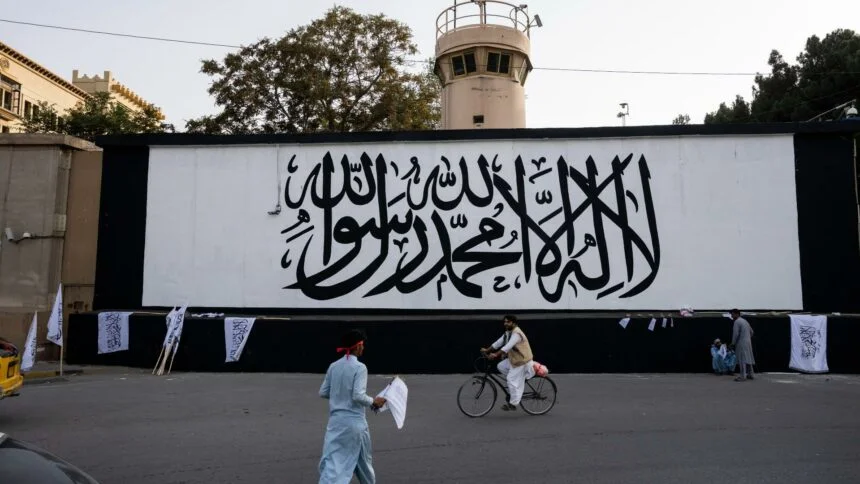Their chief spokesperson also responded angrily to criticism from other countries of the public sentencing, branding it a disrespect for Islam.
The Taliban have progressively revived a hardline definition of Islamic law, or Sharia, having promised a gentler version of the harsh rule that marked their first term in power. Zabihullah Mujahid, the chief spokesman, claimed that the criticism demonstrated that non-Muslims “don’t have regard for the beliefs, rules, and internal issues of the Muslims.”
In a report, the supreme court said that 27 offenders had been publicly whipped on Thursday in Charikar, the provincial seat of Parwan, about 50 kilometers north of Kabul.
According to the report, nine women were among those sentenced to prison or other punishment for offenses such as “sodomy, fraud, fake testimony, forging, selling and buying tablet K (drugs), debauchery, run away from home, highway robbery, and unlawful partnerships.”
It stated that all of the defendants “admitted their misdeeds before the court without using any coercion and were satisfied with the penalty.”
“We want the law of God to be imposed on our soil,” the crowd was screaming, along with “Allahu Akbar,” he claimed.
The witness further stated that they ridiculed those receiving floggings by shouting, “Will you do that again?”
The victims of the flogging writhed in agony while a squad of Taliban alternately struck them between 20 and 39 times with a cane that was “approximately a metre long and four fingers wide.”
In Farah, the capital of the same-named province, a throng of several watched a convicted murderer be fatally shot by the father of his deceased on Wednesday.
The Taliban claimed that it was a fair illustration of qisas, a principle of Sharia that permits an eye-for-an-eye penalty.
Since ordering judges to strictly execute Islamic law last month, the Taliban’s Supreme Leader Hibatullah Akhundzada has increased public punishments.












